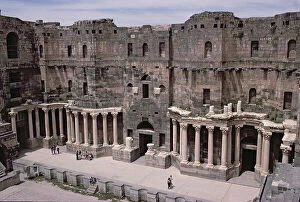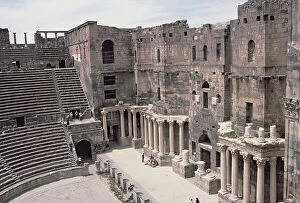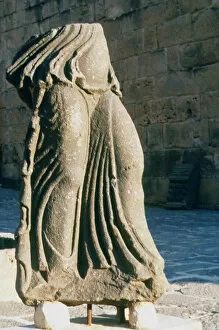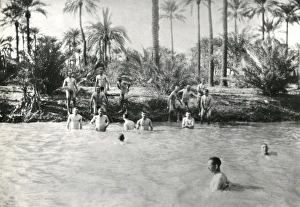Busra Collection
Busra is a name of Arabic origin that means "good news" or "glad tidings." It is a beautiful and unique name that carries with it a sense of positivity and joy
For sale as Licensed Images
Choose your image, Select your licence and Download the media
Busra is a name of Arabic origin that means "good news" or "glad tidings." It is a beautiful and unique name that carries with it a sense of positivity and joy. Those named it can often seen as bringers of happiness and light into the lives of those around them. People named it can known for their warm personalities, kind hearts, and infectious smiles. They have a natural ability to uplift others and make them feel at ease in their presence and are incredibly resilient individuals who face challenges head-on with grace and determination. In addition to their positive traits they can also creative souls with a strong sense of intuition. They have a knack for seeing beauty in the world around them and expressing themselves through various forms of artistry. Whether it be through music, writing, or visual arts, Busras excel at channeling their emotions into creative outlets.











